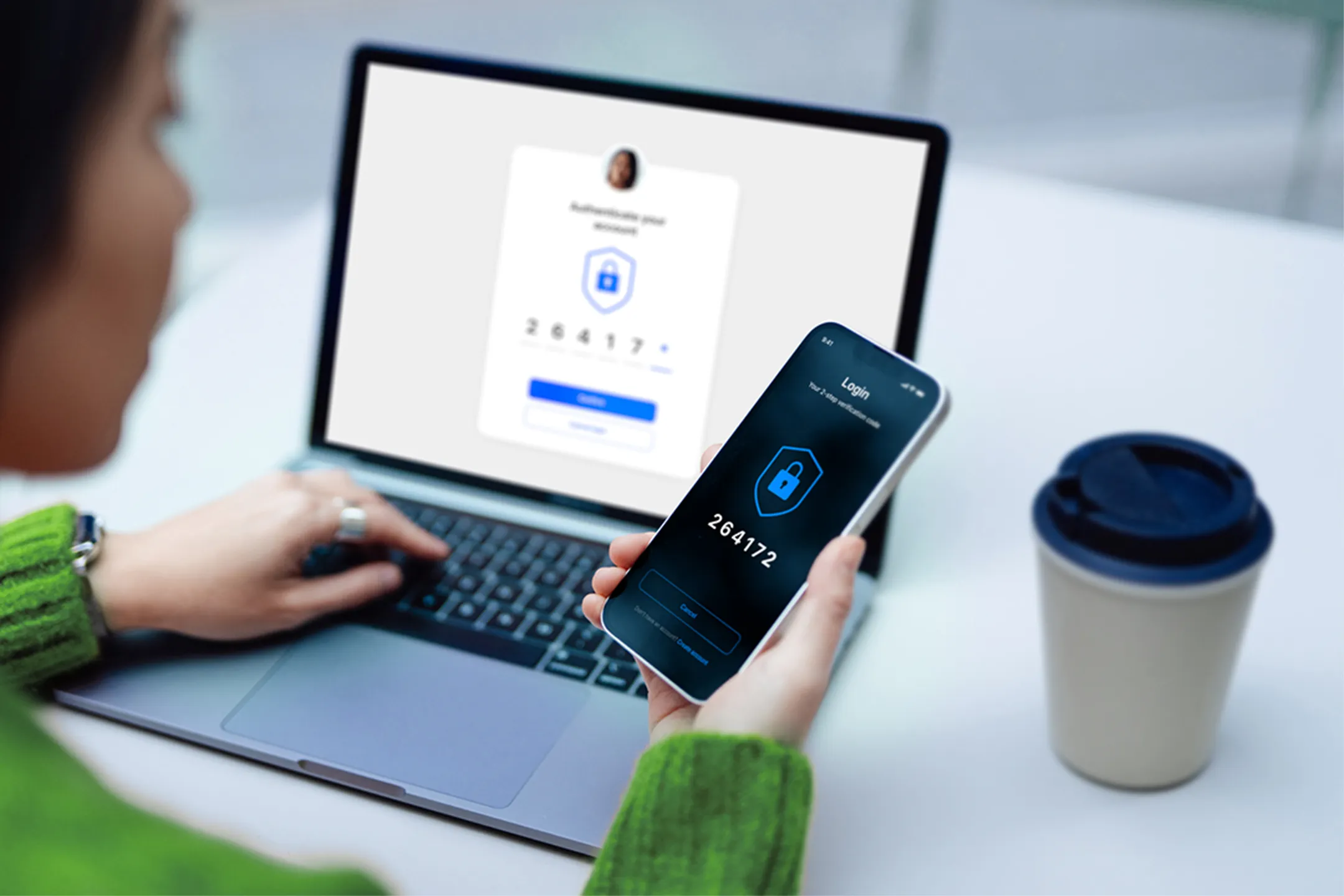Mobile Safety 101: Tips to Safeguarding Your Personal Data and Privacy

In an era where our mobile phones house more personal data than our homes, understanding the mobile phone threat landscape has never been more crucial. Picture this: your phone falls into the wrong hands, and suddenly your emails, bank information, and even your personal photos are all freely accessible. Sounds like a nightmare, doesn't it? This isn't a hypothetical situation, but a chilling reality for millions of mobile users around the globe. The question isn't about if this could happen to you; it's about when and how prepared you will be. So, are you ready to face the threats lurking in your pocket?
Stay Secure: Setting a Strong Password
The primary line of defence is a robust password. Combine uppercase and lowercase letters with symbols and numbers to create a unique, tough-to-crack password.
It might shock you, but the most commonly used passwords are stunningly predictable and weak. These often include the likes of '123456', 'password', 'abc123, and even 'admin'. It's crucial to avoid these simplistic passwords to keep your personal data secure.
Remember, your password is your first guard against intruders, and cracking a complex password can be a daunting task for potential hackers. But be aware, even the most robust password is vulnerable if it’s used for multiple accounts. If one account gets compromised, all accounts with the same password can be accessed.
Another little tip: change your passwords. And change them often.
Two-factor Authentication for Enhanced Security
Double up your phone's security with two-factor authentication (2FA). With 2FA, even if someone figures out your password, they'll need a second form of identification to access your accounts. It could be through an SMS verification code or authentication app, an email alert, or the answer to a secret question. Most online services, like Gmail, Instagram, and Facebook, offer 2FA, adding an extra layer of security to keep your personal data safe.
In the context of the numerous data breaches reported in Malaysia, 2FA has emerged as a strong security measure. The 2020 breach of Malaysia's leading online marketplace, affecting 11.9 million users, underlines the significance of this security measure. Though passwords were compromised in this breach, users who had 2FA didn't face unauthorised access because hackers lacked the second authentication (the mobile code).
Only Download Apps from Reputable App Stores
The ability to sideload apps from sources outside of official app stores sounds awesome from a consumer's perspective, however, this is where you're potentially exposed to malware and various security vulnerabilities. Beware of brands that ride on the pretext of "consumer choice" or "freedom" at the expense of security. Always download from official app stores, such as Google Play Store or Apple App Store. These major app markets have strict guidelines and quality control measures to ensure the security and credibility of their apps. As an added measure, always check on user reviews and if possible do a quick background check on the app developer.
While we're talking about app stores, it's important to remember that not all apps are created equal. Some apps request for more permissions than they actually need for their advertised functions. Take a good look at what permissions an app is requesting before you install it. Be sceptical of an app that requests for access to personal information that it doesn’t need to operate.
Regularly Update Your Mobile Phone and Applications
Regular mobile operating system updates are more than just about getting the latest features. Most updates also contain security patches that fix vulnerabilities hackers could exploit. Whether it's app updates or phone system updates, make sure to install them as soon as they are available.
Using Secure Networks
Public Wi-Fi is highly convenient, but it's a breeding ground for cyber attacks. When you connect to public Wi-Fi, you risk your data being intercepted by hackers. So, whenever possible, use a secure network or use a Virtual Private Network (VPN) app.
Beware of Suspicious Links and Attachments
One common trick employed by hackers is to send phishing emails or messages containing dangerous links and attachments. If clicked or downloaded, these can swiftly install malware on your phone, gaining access to your personal information. Always be cautious and double-check before clicking on any unfamiliar link or downloading an attachment.
Remember, no measure is foolproof, but by combining these strategies, you can vastly reduce the likelihood of falling victim to a data breach. Providing cybersecurity is not just a one-time affair; it's an ongoing effort. As cyber threats keep evolving, individuals and organisations must remain vigilant and proactive in adapting to these risks.
Recognising and Responding to Data Breaches
In the unfortunate event that you believe your data may have been compromised, it's important to understand how to respond. First and foremost, always notify your banking institution and monitor your accounts for any suspicious activity. Change all your passwords and consider investing in identity theft protection services.
Consider using the following resources to stay informed and prepared: Malaysia's Communications and Multimedia Commission, the National Cyber Security Agency, Cybersecurity Malaysia, and StaySafeOnline.org.
By understanding the risks and implementing protective strategies, we can all make great strides towards maintaining our digital security amidst the increasing threat landscape.
Stay safe out there!




